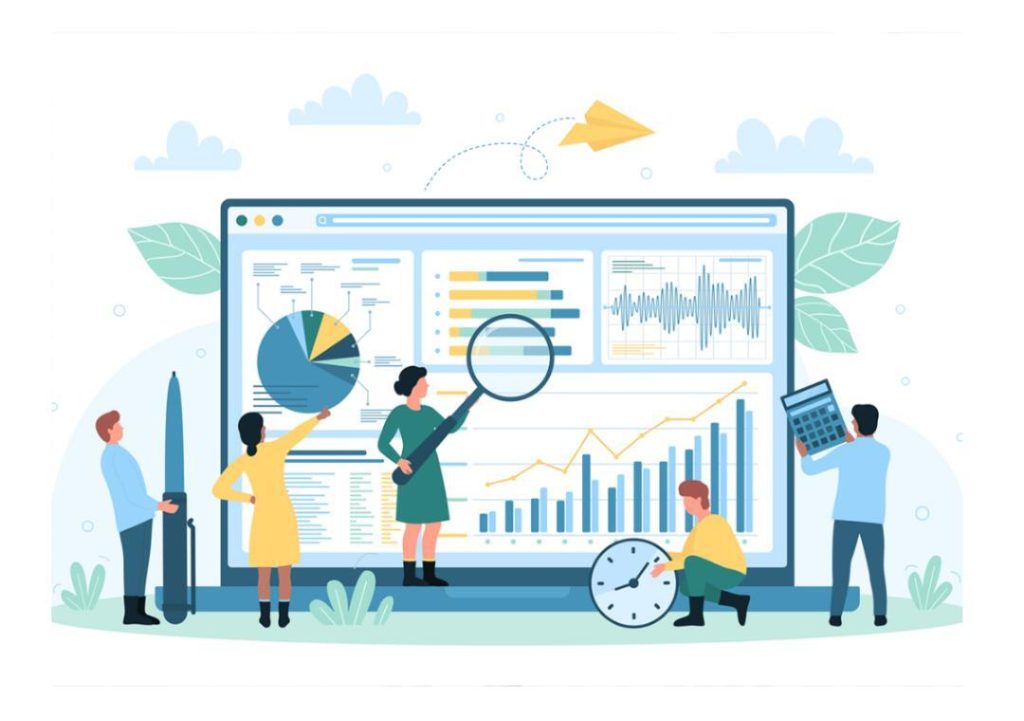
Can Your Company Learn from Data Faster than Competitors?
In today’s fast-paced business environment, data-driven decision-making is no longer a luxury, but a necessity. Companies that can analyze and act on data quickly are better equipped to stay ahead of the competition and drive growth. This is where AI companies excel, building feedback loops into every touchpoint to drive faster iteration and better predictions.
But what sets these companies apart? It’s not just automation – it’s adaptation. Firms that learn faster compound performance faster too. In AI, the edge comes not from scale, but from how quickly you improve.
The Power of Feedback Loops
AI companies recognize the importance of data-driven decision-making and have built feedback loops into every aspect of their operations. These loops enable them to collect data from various touchpoints, such as product interactions, user behavior, and operational processes. This data is then fed back into their models daily, allowing them to refine their predictions and make data-driven decisions.
For example, a company that develops AI-powered chatbots might collect data on user conversations, including the topics they discuss, the tone of their language, and the frequency of their interactions. This data is then used to improve the chatbot’s responses, ensuring that it provides more accurate and relevant information to users.
Similarly, a company that uses AI to optimize supply chain operations might collect data on inventory levels, shipping times, and customer demand. This data is then used to refine its prediction models, enabling it to make more accurate forecasts and adjust its operations accordingly.
The Benefits of Faster Learning
So, why is it so important for companies to learn from data faster than their competitors? The answer lies in the concept of compounding performance. When a company learns faster than its competitors, it can compound its performance faster too. This means that small advantages can quickly add up, enabling the company to gain a significant edge in the market.
Let’s consider an example. Suppose two companies, Alpha and Beta, are competing in the same market. Both companies use AI to optimize their operations, but Alpha is able to learn from its data faster than Beta. Over the course of a year, Alpha’s data-driven decisions might result in a 5% improvement in efficiency, while Beta’s decisions might result in a 2% improvement.
At first glance, the difference may seem small, but over time, it can add up. Assuming both companies continue to learn from their data at the same rate, Alpha’s advantage will compound, enabling it to gain a significant lead over Beta.
The Importance of Speed
So, what sets AI companies apart from others? It’s not just their ability to collect and analyze data – it’s their ability to act on that data quickly. In today’s fast-paced business environment, speed is a critical factor in determining success.
Companies that can learn from their data faster than their competitors can respond quickly to changes in the market, customer needs, and operational challenges. This enables them to stay ahead of the competition and drive growth.
The Role of Culture
So, how can companies learn from data faster than their competitors? It starts with culture. Companies that prioritize data-driven decision-making and foster a culture of experimentation and learning are better equipped to adapt quickly to changes in the market.
This means encouraging employees to take calculated risks, sharing data and insights across the organization, and recognizing and rewarding employees who demonstrate a commitment to learning and improvement.
The Role of Technology
Of course, technology also plays a critical role in enabling companies to learn from data faster than their competitors. AI-powered tools, such as machine learning algorithms and predictive analytics, can help companies analyze large datasets quickly and accurately, enabling them to make data-driven decisions.
Moreover, cloud-based platforms and APIs can enable companies to integrate data from multiple sources, ensuring that they have a complete and accurate view of their operations.
Conclusion
In conclusion, companies that can learn from data faster than their competitors are better equipped to stay ahead of the competition and drive growth. This requires building feedback loops into every touchpoint, collecting data from various sources, and acting on that data quickly. By prioritizing data-driven decision-making, fostering a culture of experimentation and learning, and leveraging AI-powered tools, companies can compound their performance faster and gain a significant edge in the market.
References:
https://www.growthjockey.com/blogs/ai-companies-performance-breakthrough






